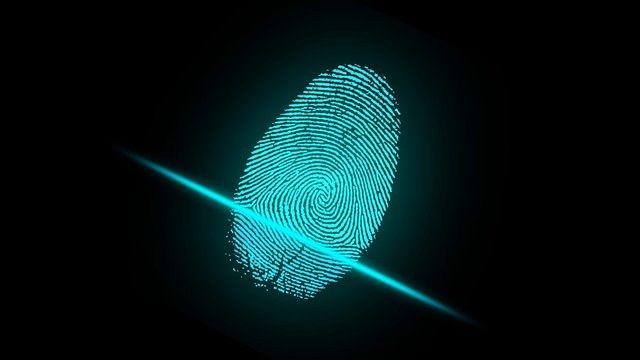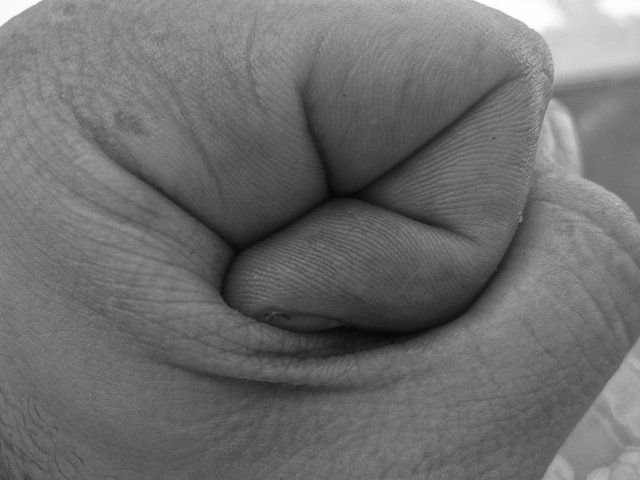
It is known by dactyloscopy, the area of science that is responsible for the detailed study of the characteristics and morphological impressions, which are formed in the upper ends of the fingers in human beings, the importance of this auxiliary science, lies in that biologically the fingerprint pattern of each individual is unique, therefore, reflects its seal or identity that differentiates it from other subjects.
Friends of Project.HOPE, dactyloscopy has captivated many scientists from various areas of knowledge, mainly anatomists, among these Marcelo Malpighi stands out, considered in the current modern context as the "Grandfather of Fingerprints", however, I wanted to share with all of you an unusual biological behavior that shows a complete family, which has no fingerprint pattern, that is, the finger morphology of each of the members of this family is completely smooth on the tips of their fingers.
This family without fingerprints, is surnamed Sarker and live north of Rajshahi - India, and according to scientific reports is not the only case that exists in the world, as previously had been found similar cases, it is believed that may be a rare genetic mutation, which usually affects a small group of families globally.

Fig. 2 All members of the Sarker family, do not have fingerprints, this family lives north of Rajshahi - India. Image of public domain, Author: Sabbir M, 2020
The situation suffered by the Sarker family, breaks all the fundamental principles on which Fingerprint science is based, regarding Perenniality (formation of the fingerprint pattern in the sixth month of intrauterine life), Immutability (the fingerprint pattern does not suffer changes by any natural cause, and is resistant to wounds if they do not affect the deep layers of the skin), and Variety (no two fingerprints are the same).
In this sense, it is necessary to mention that when the fundamental principles of Dactyloscopy are not fulfilled, science refers that people without a finger pattern, suffer from a disease called congenital Adermatoglyphia, which is precisely an alteration of the characteristics and morphological impressions in the upper ends of the fingers in human beings, and is nothing more than a genetic variation during the phase of embryogenesis, which becomes a dermatological disorder of fingers with ends and smooth surface.

Fig. 3 The biological and legal identity of each individual is unique. Image of public domain, Author: Yanns, 2015
Unfortunately the disease congenital Adermatoglyphia, has been a mystery to science and to date there is no treatment that can prevent this disorder characterized by the absence of the fingerprint pattern, specifically that presented in the fingertips, hopefully in the future science can find the mechanisms or the gene associated with the regulation and expression of this phenotypic expression of importance for the recognition of biological and legal identity of people.
BIBLIOGRAPHICAL REFERENCES CONSULTED:
[1] Kaushal N., and Kaushal P. Human Identification and Fingerprints: A Review. Journal of Biometrics & Biostatistics. 2011; 2: 4. Article: Online access
[2] Sabbir M. The family with no fingerprints. BBC Bengalí, Dhaka. 2020. Article: Online access
Yes sir, you have talked about a very good topic today. Everyone has a fingerprint pattern. But everyone has a different one. I don't know how this happens.
Downvoting a post can decrease pending rewards and make it less visible. Common reasons:
Submit